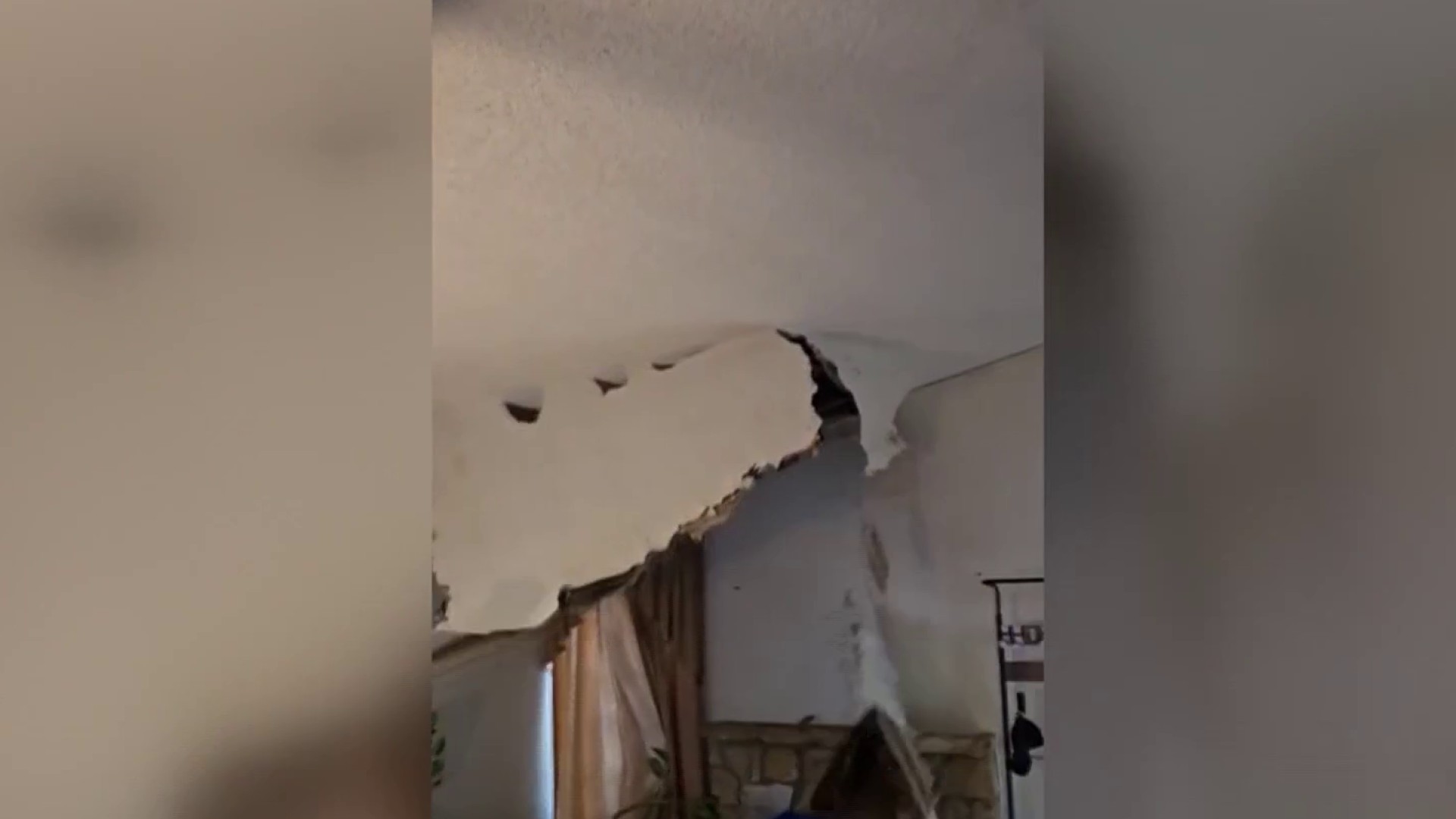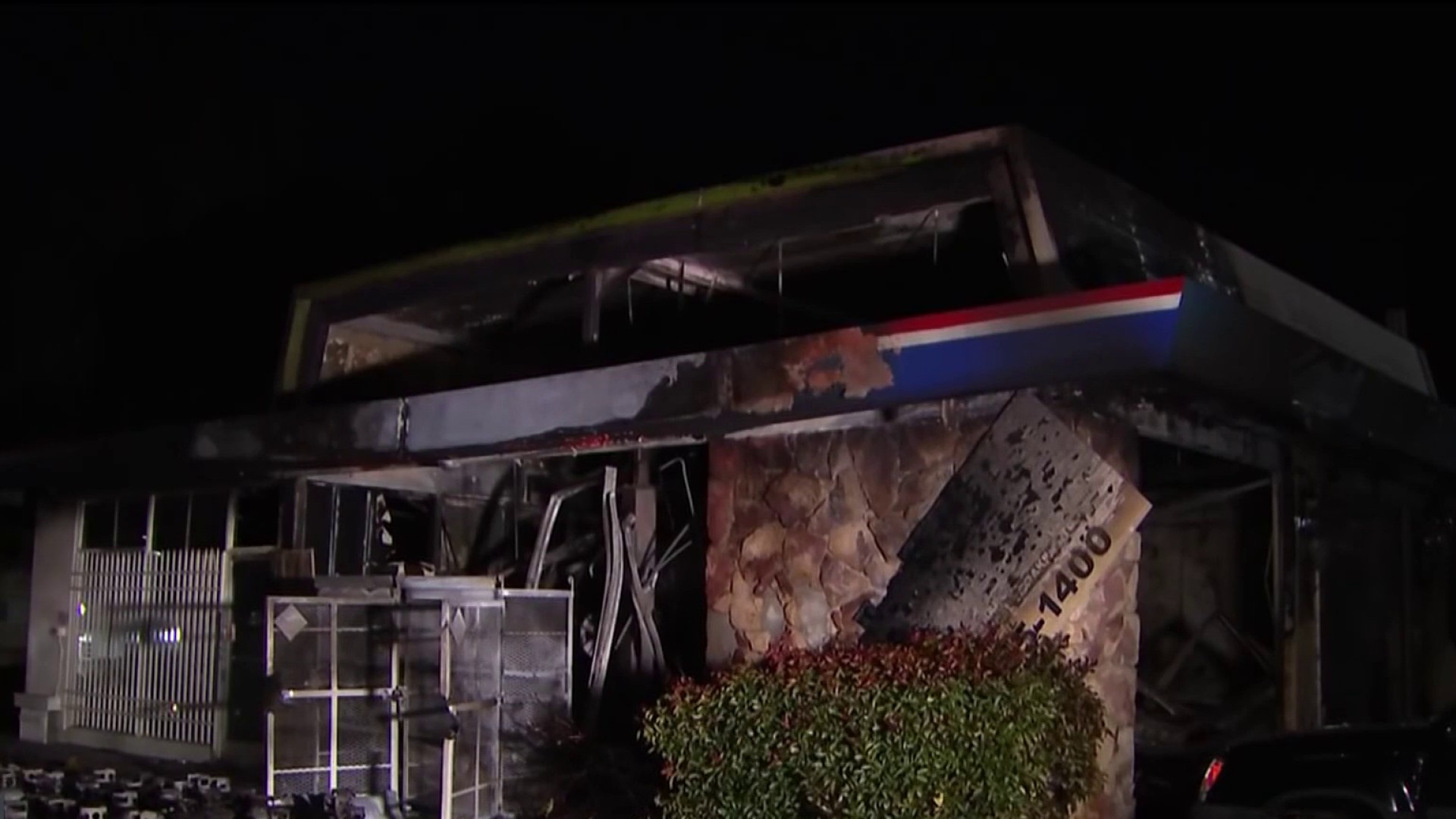
California's budget deficit has soared to nearly $32 billion, Gov. Gavin Newsom said Friday as he announced a plan that would cover the shortfall this year while potentially leaving the state with multibillion-dollar deficits in the future.
Newsom, a Democrat in his second term, proposed no major tax increases for individuals or spending cuts across the state's most important programs, including those impacting public education, health care and homelessness. His plan would cut spending by about $10.6 billion — about $1 billion more than what he proposed in January — while covering the rest of the deficit through a combination of borrowing and delaying some spending while shifting other expenses to different sources.
“This was not an easy budget, but I hope you see we will try to do our best to hold the line and take care of the most vulnerable and most needy, but still maintain prudence,” Newsom said.
Unlike the federal government, California must pass a balanced budget every year — meaning the state’s revenue and expenses must be the same. Newsom’s budget is balanced this year. But in the future, it would commit the state to spending more money than it is projected to have. Under Newsom's plan, the deficit would be $5 billion next year and grow to $14 billion by 2027.
“The fact that the Governor continues to overspend creating structural deficits in future years is fiscally irresponsible,” said Assemblymember Vince Fong, a Republican from Bakersfield who is vice chair of the Assembly Budget Committee.
California has a progressive tax system that relies on rich people, meaning it gets about half its revenues from just 1% of the population. When the economy is good, rich people pay more in taxes and revenues can soar quickly. When the economy is bad, they pay less and revenues can drop just as fast.
That's why Newsom said it is common for future budgets to be unbalanced, especially during lean years. He also said Democrats, who control state government, have learned to use the volatile tax system to their advantage. Newsom's plan would leave California with $37.2 billion in various savings accounts, money that he said could be used to balance future budgets.
Local
“A progressive tax system allows us to stack away billions and billions of dollars for exactly this moment,” Newsom said.
Predicting how much money California will have this year is especially tricky after a series of severe and damaging storms prompted state officials to extend until October the normal April tax filing deadline for nearly all residents. Newsom said he hopes the state will take in somewhere in the neighborhood of an estimated $42 billion in October, but he doesn't know for sure.
Get a weekly recap of the latest San Francisco Bay Area housing news. >Sign up for NBC Bay Area’s Housing Deconstructed newsletter.
“I want all $42 billion and more,” Newsom said. “I want to be surprised.”
While the governor's proposed spending cuts are small, they are still likely to have an impact across multiple core programs.
Newsom’s budget includes $3.7 billion for various programs aimed at getting homeless people off the street and into shelter, but he wants to lower some spending on the related issue of housing even amid a severe shortage.
The governor has proposed about $700 million in cuts or spending deferrals by delaying money for programs that help nonprofits turn foreclosed property into affordable housing and clawing back money designated to turn commercial and industrial buildings into housing.
“Its disappointing that the governor is not taking bigger measures to fight California’s worsening housing crisis,” said Michelle Pariset, director of legislative affairs for Public Advocates, a nonprofit law firm and advocacy group. “Until we address the housing issues in our communities at the scale of the problem, we will see more and more of our neighbors struggling, displaced and pushed into homelessness.”
Newsom's budget proposal must first be approved by the Democratic-controlled Legislature. Since he took office in 2019, Newsom’s biggest budget fights with lawmakers have been over how to spend record-breaking surpluses, and agreeing on cuts could be more difficult.
Newsom signed off on an expansion of a subsidized child care program last year that would pay to help an extra 20,000 families. But he now proposes delaying that funding for one year, saying the state is having trouble filling its existing child care slots.
That angered some Democratic lawmakers who said the problem is there aren’t enough child care workers. On Monday, Assembly Democrats proposed $1 billion in new spending to increase pay for those workers, and on Friday, Speaker Anthony Rendon said boosting child care will be a priority.
“Improving child care rates helps children and the economy,” Rendon said.
Newsom's budget also would protect spending in other priority areas such as expanding eligibility for Medicaid, the government-funded health insurance program for poor and disabled people.
“We appreciate the continued commitment to improving and expanding (Medicaid), a lifeline for 15 million Californians, over a third of the state,” said Anthony Wright, executive director of the advocacy group Health Access California.
The budget would loan $150 million to some public hospitals that are at risk of closing.
And it would re-impose a tax that expired in 2022 on managed care organizations, private companies that contract with the state to administer Medicaid benefits, bringing in an estimated $19.5 billion in extra revenue to the state by 2026.
Newsom said he wants to use some of that money to increase how much Medicaid pays for care, benefitting hospitals and other providers.



